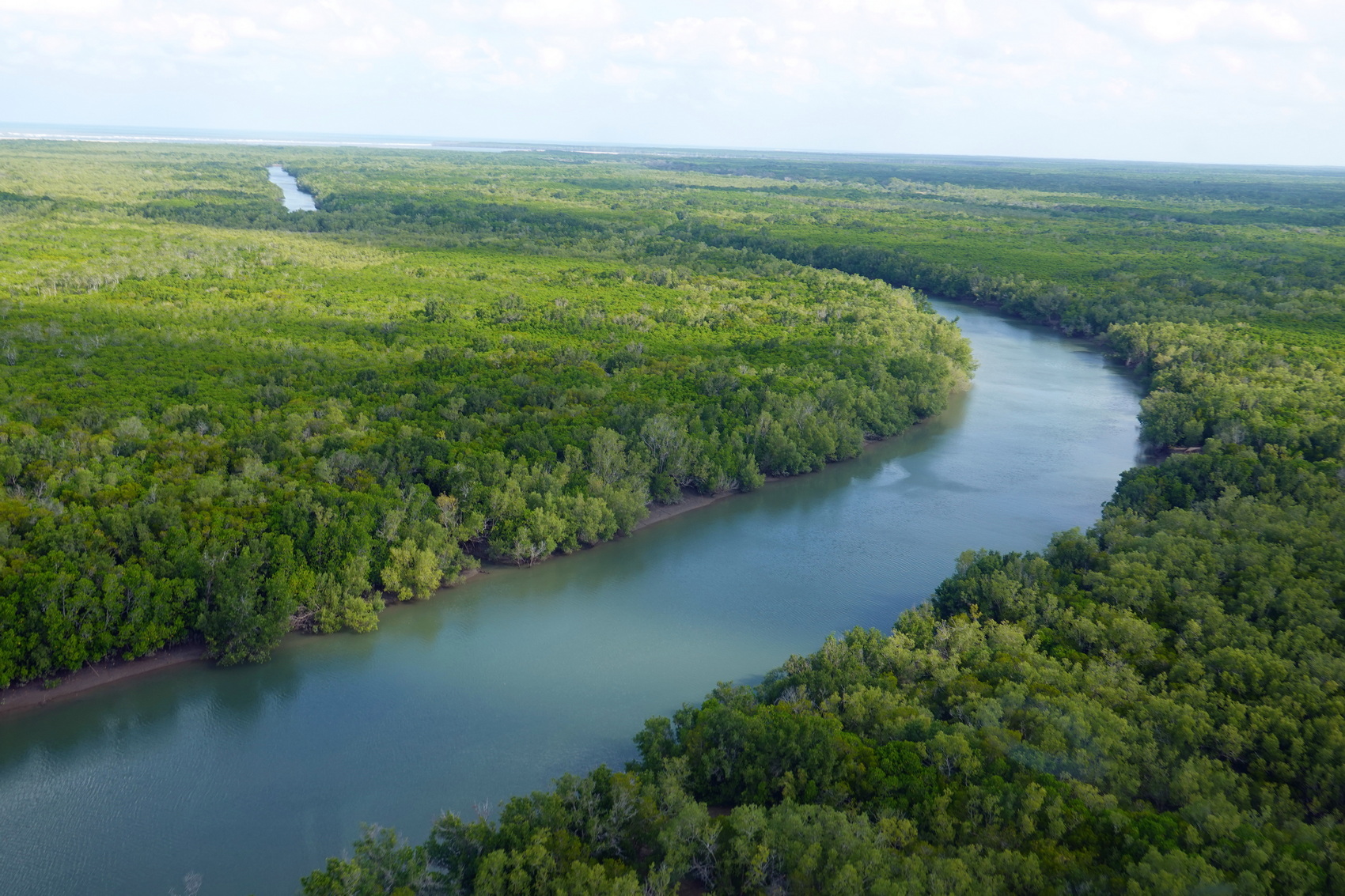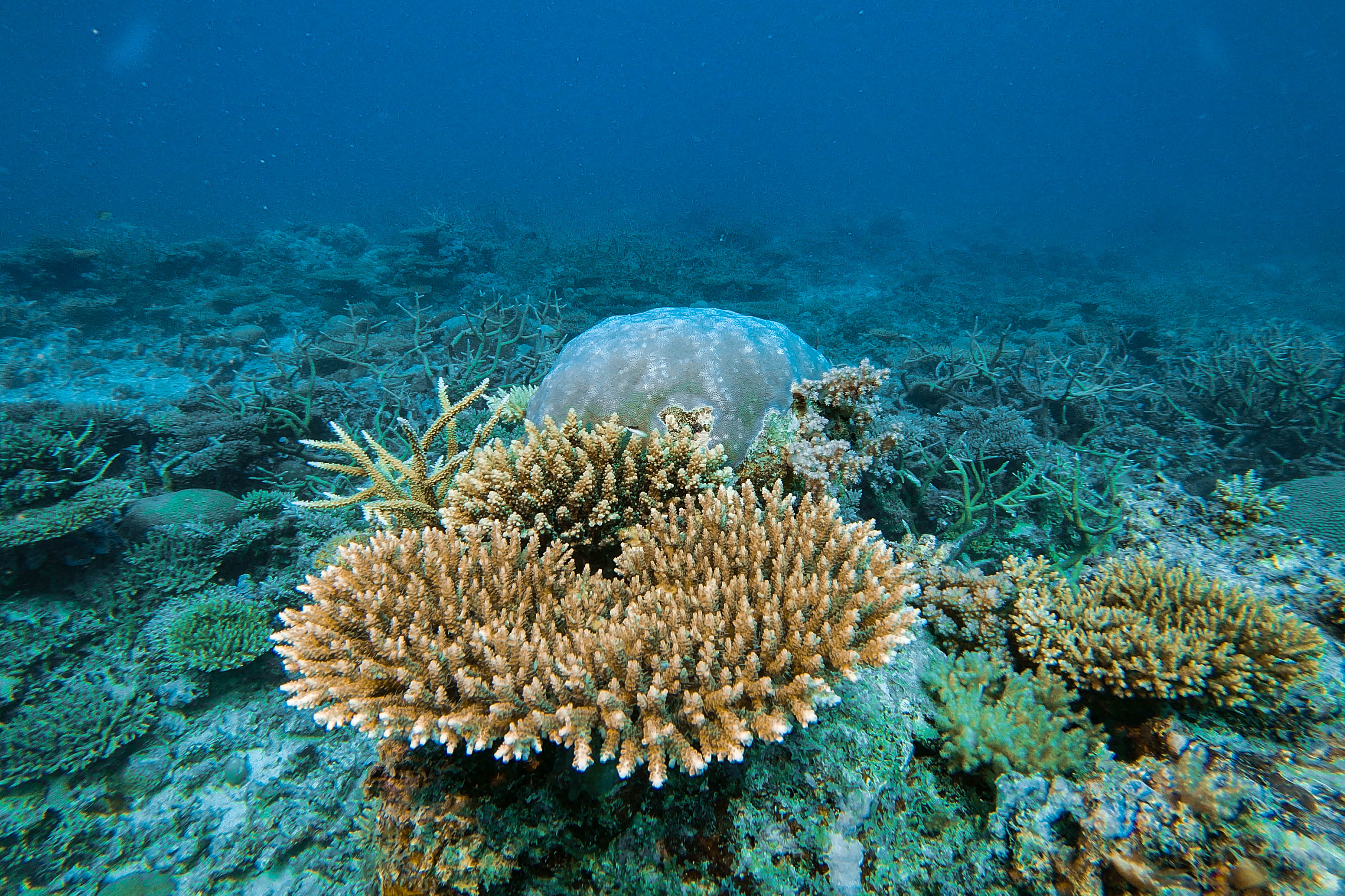WCS Mozambique continues to invest on identifying Key Biodiversity Areas and supporting Red List Assessments that will inform biodiversity assessments, prioritization and planning, and support the implementation of the Post 2020 Global Biodiversity Framework in the country.
In 2019, Mozambique started one of the first KBAs assessments worldwide which was applied to the whole country, including terrestrial and marine realms, assessing ecosystems, flora and fauna, including invertebrates. Important results were achieved like the establishment of the National Coordination Group for KBAs and the identification of 29 terrestrial KBAs, formally recognised at national level (inclusion in National Territorial Development Plan, Marine Spatial Plan, Birds and Biodiversity Offsets legislation). The project reports are available online and experience was exchanged with other countries. At least 15 additional areas were listed as potential KBAs but further assessments require specific fieldwork to collect quantitative data on the trigger species/ecosystems. In coordination with the National Directorate of Environment (DINAB), WCS was able to gather funding to implement two projects which will allow to collect additional data and continue supporting KBA work in the country.

One of the projects is funded by SPEED (an USAID project), in a total of 400k USD, and is being implemented between February 2022 and April 2024). It focuses om three main topics: i) mainstreaming Key Biodiversity Areas (KBAs), ii) piloting Blue Carbon, and iii) strengthening coral reef fisheries in Mozambique. This work will contribute to potential coastal and marine KBAs identification and mapping, additional Red Listing assessments for fauna and flora, including marine species, improve the NCG capacity, guarantee the long-term sustainability of KBA and Compile information on the conservation status of coral reef ecosystems throughout Mozambique.

The other project is funded by AFD and FFEM (in a total of 6M EUR) and is led by the South African National Biodiversity Institute (SANBI). This regional project will be implemented in South Africa, Namibia, Mozambique and Malawi and is focused on Spatial Biodiversity Assessment, Prioritization and Planning. The project will run for five years between June 2022 and June 2027. Project objectives include in-country assessments of a wide range of different species and ecosystem types that are facing pressure from infrastructure and agricultural development, the over-utilisation of natural resources, pollution, biological invasions and climate change. In Mozambique, WCS will be co-leading the project with DINAB and about 220K EUR will be used to hire local research institutions to conduct expeditions to collect field data that may trigger new terrestrial KBAs. Mapping the occurrence and status of species and ecosystems in South Africa, Namibia, Mozambique and Malawi will produce information that assists in the development of national strategies and action plans to ensure biodiversity is integrated into the planning and decision-making processes.